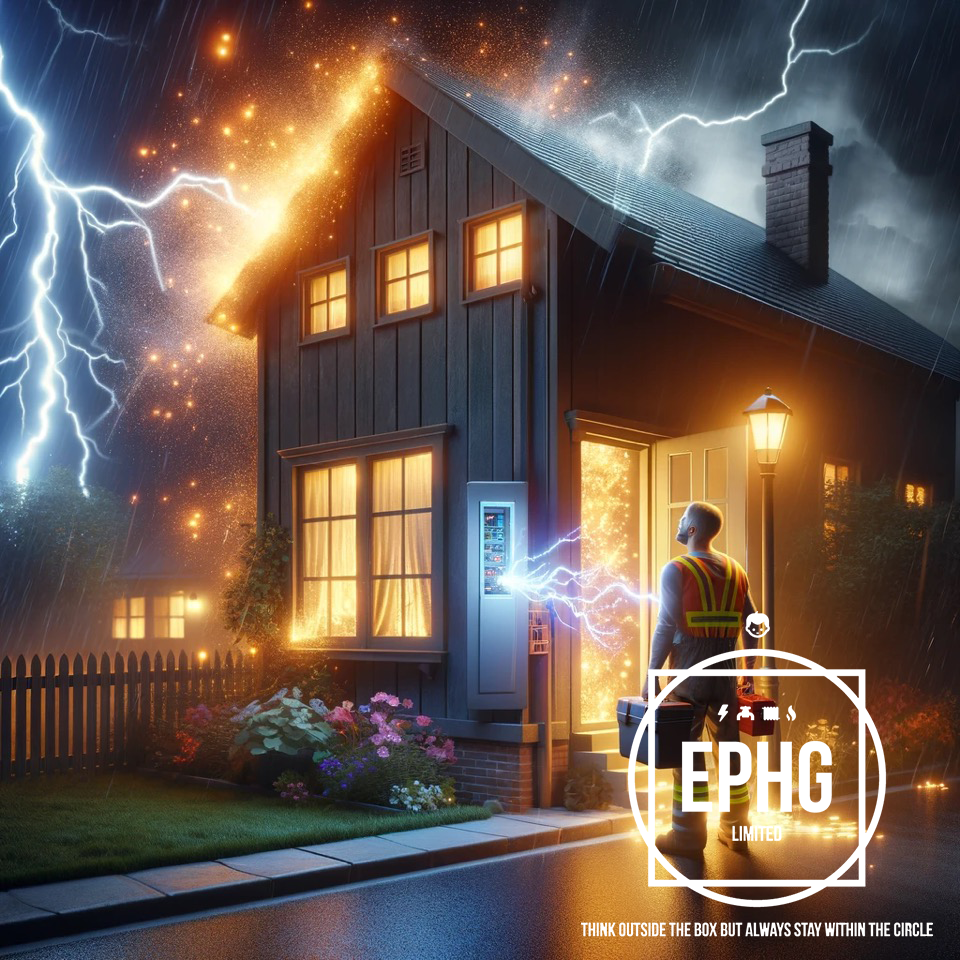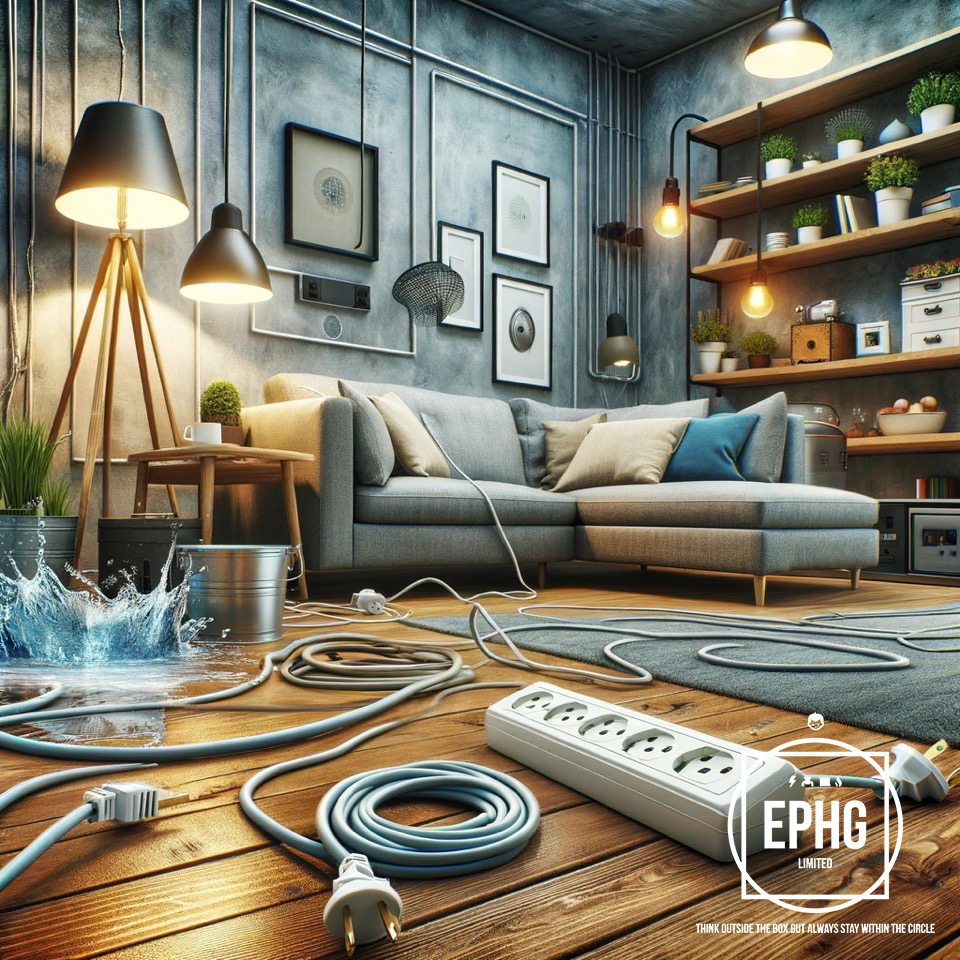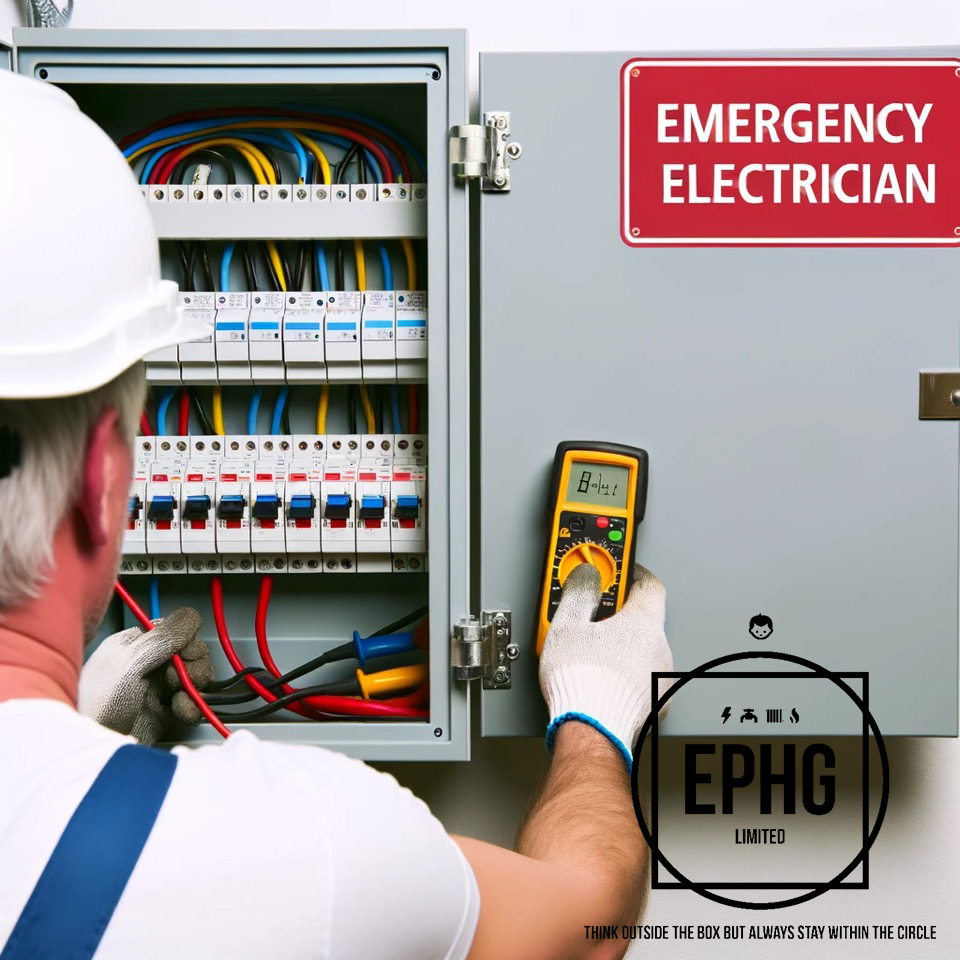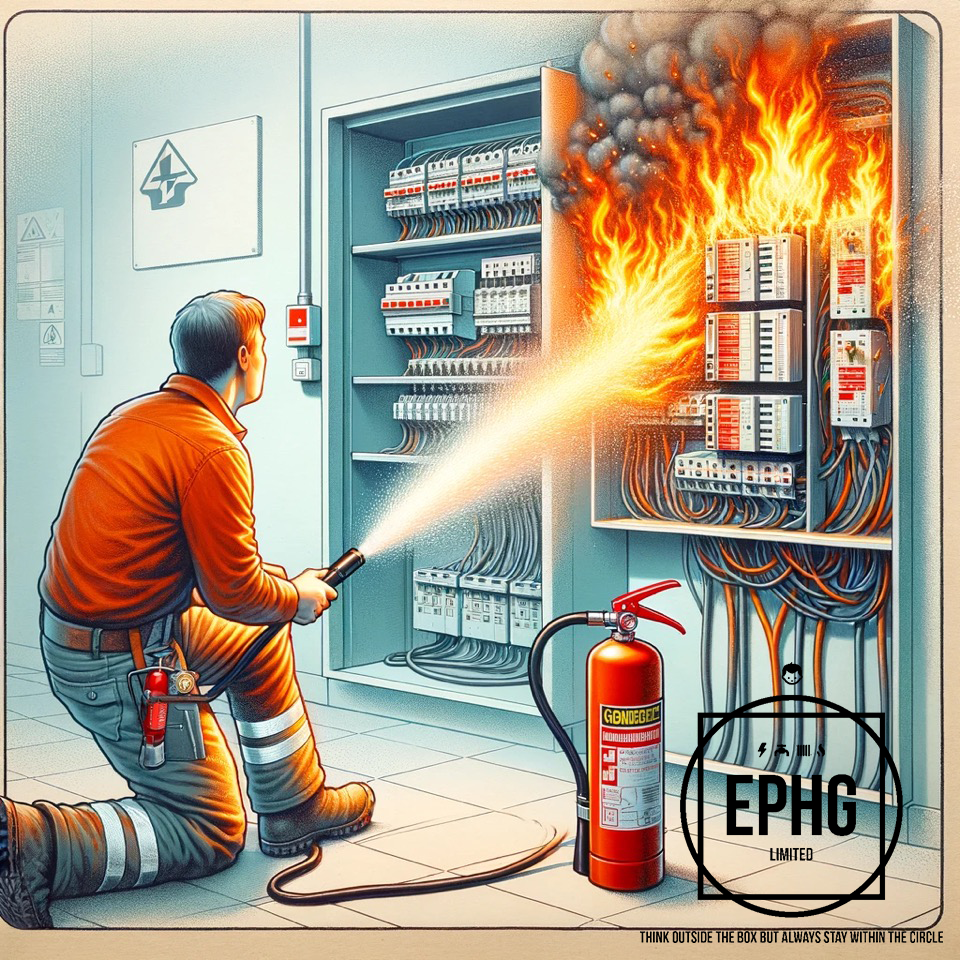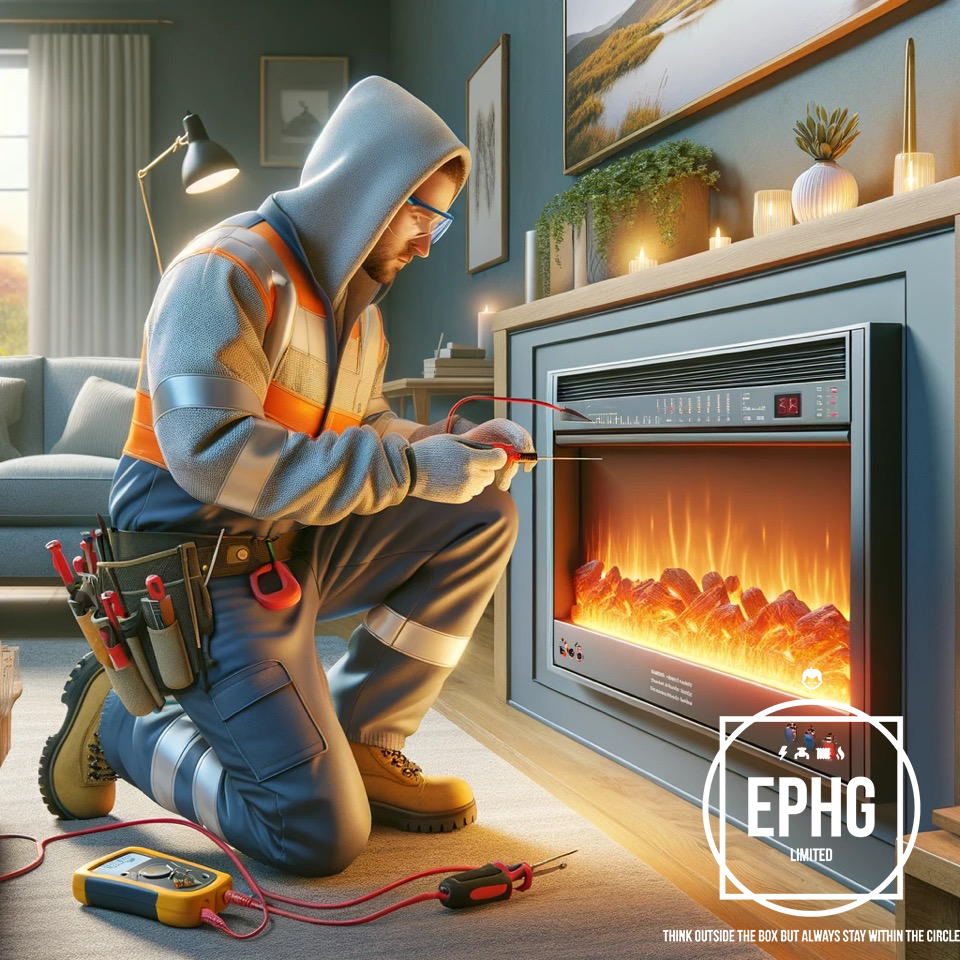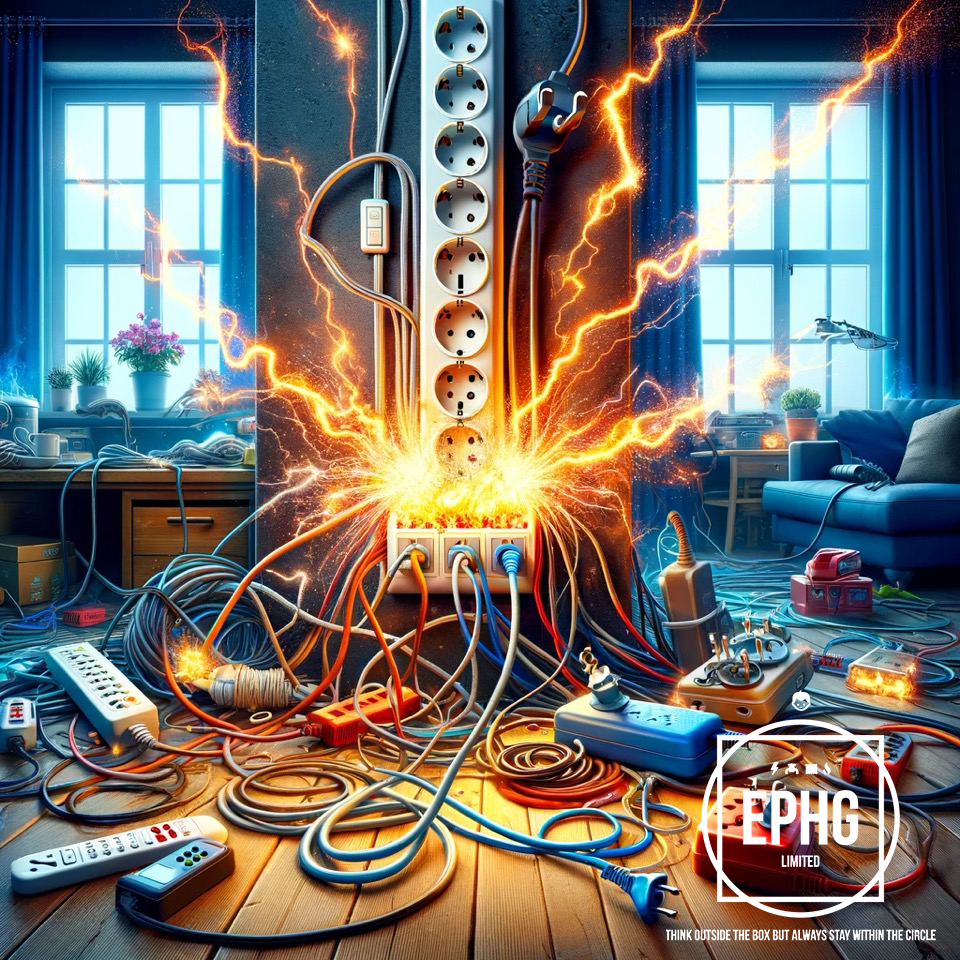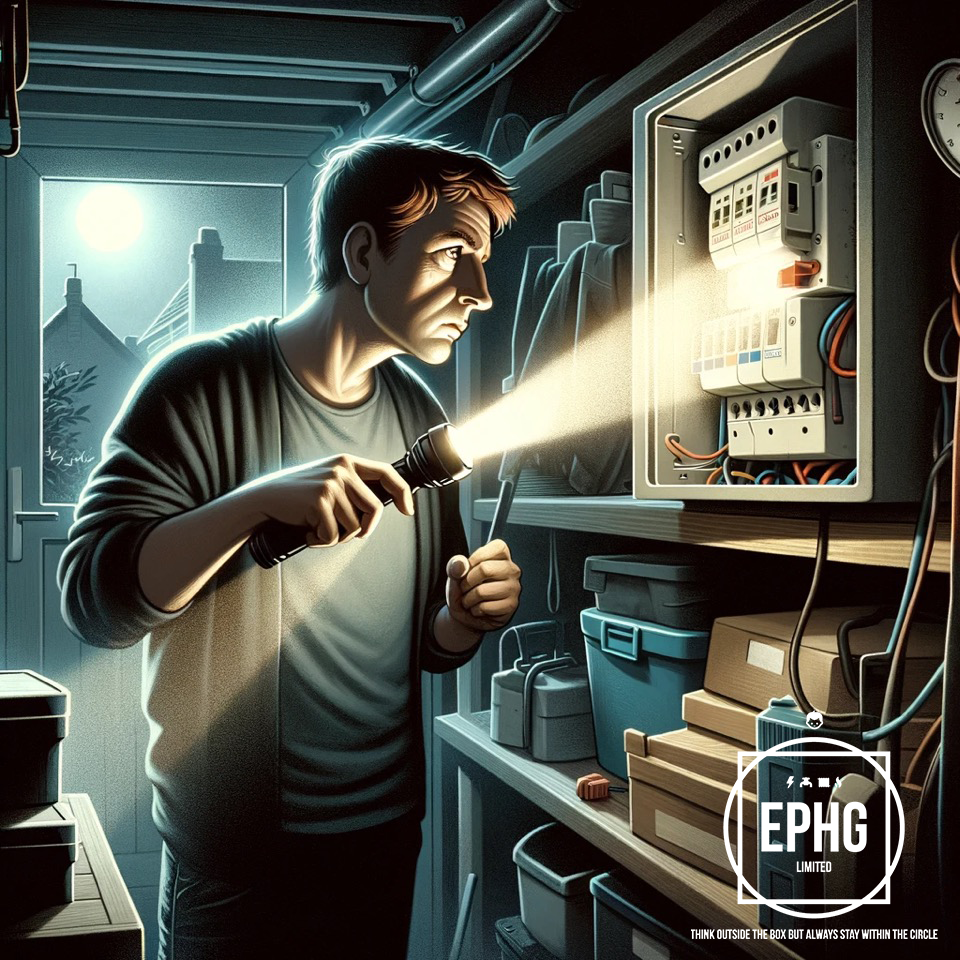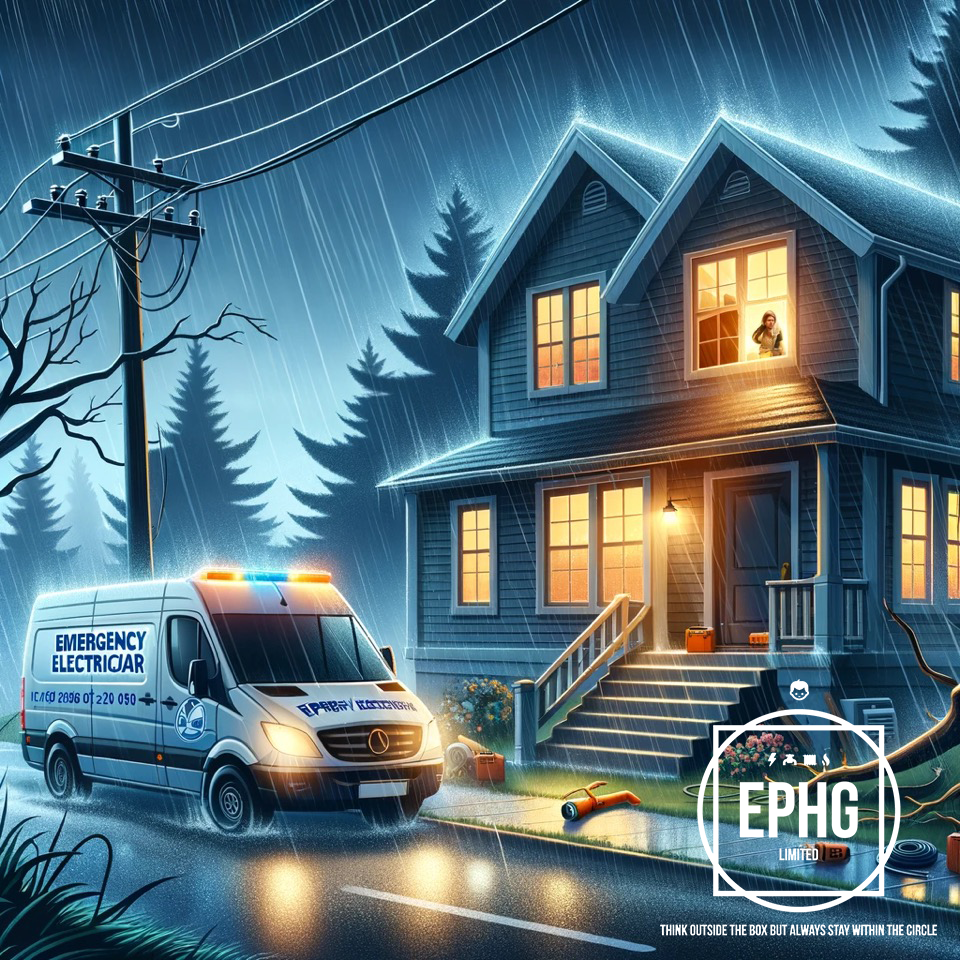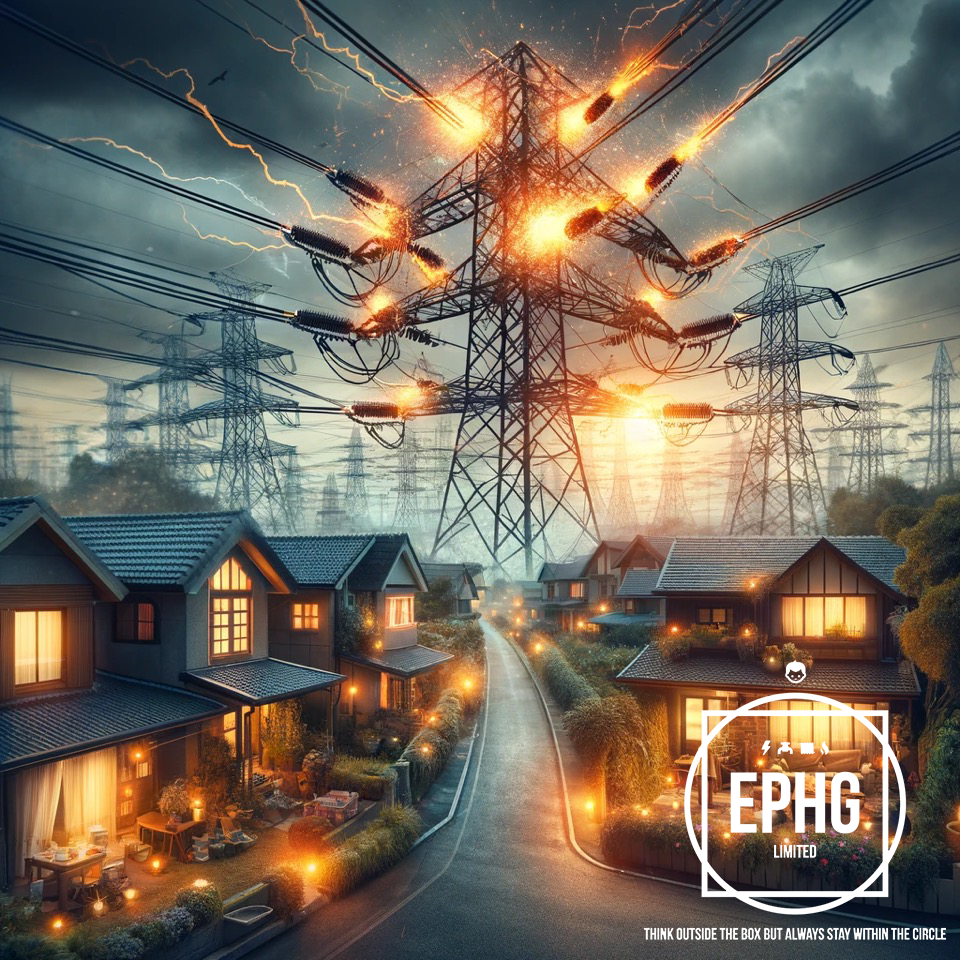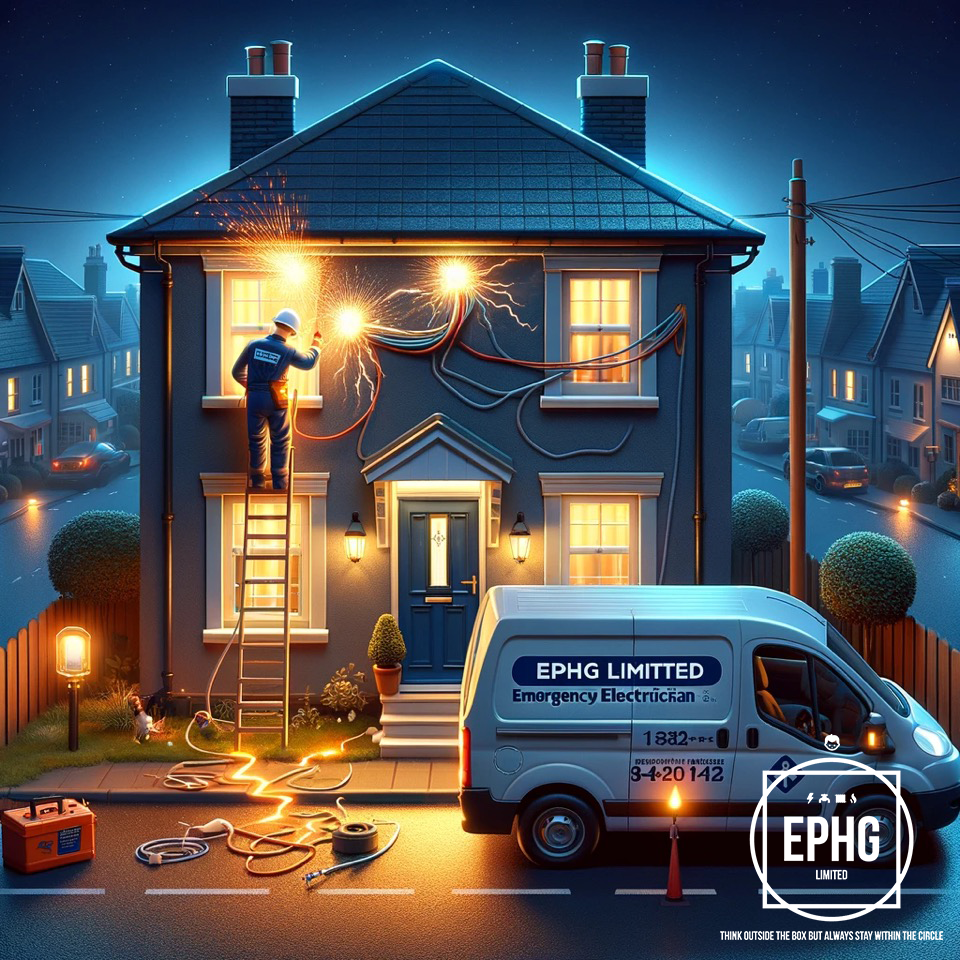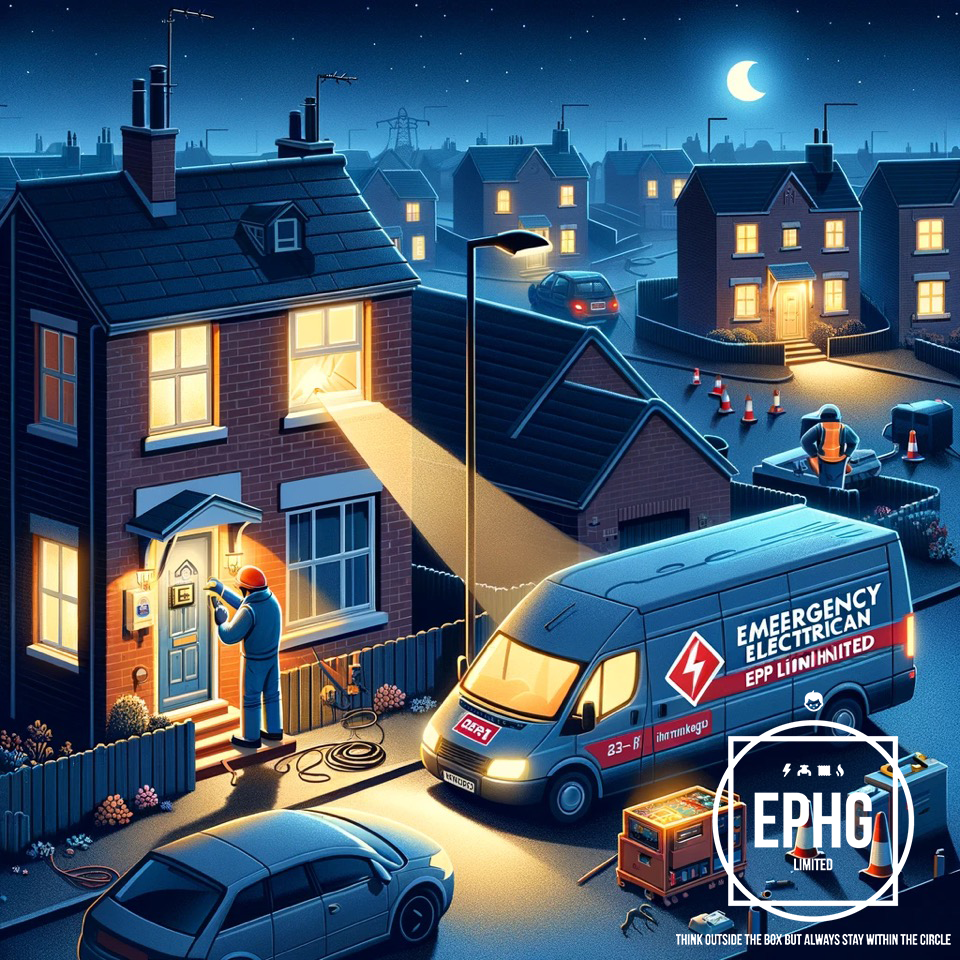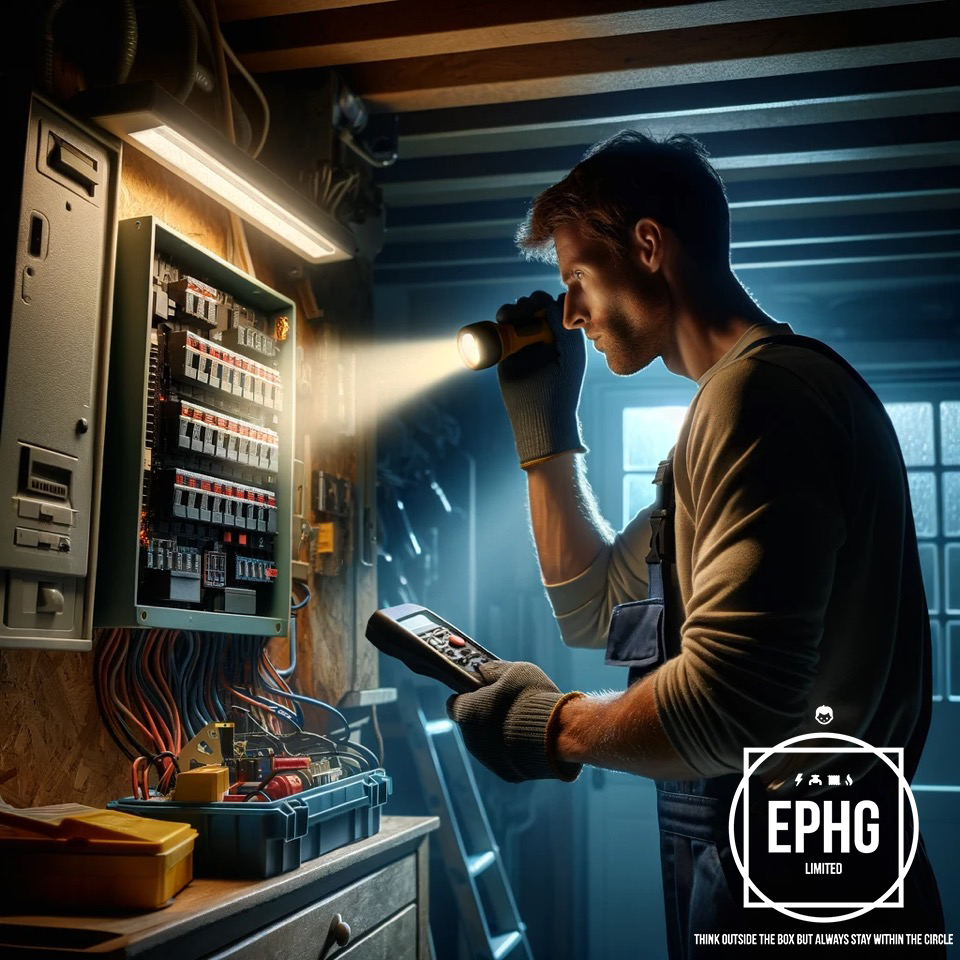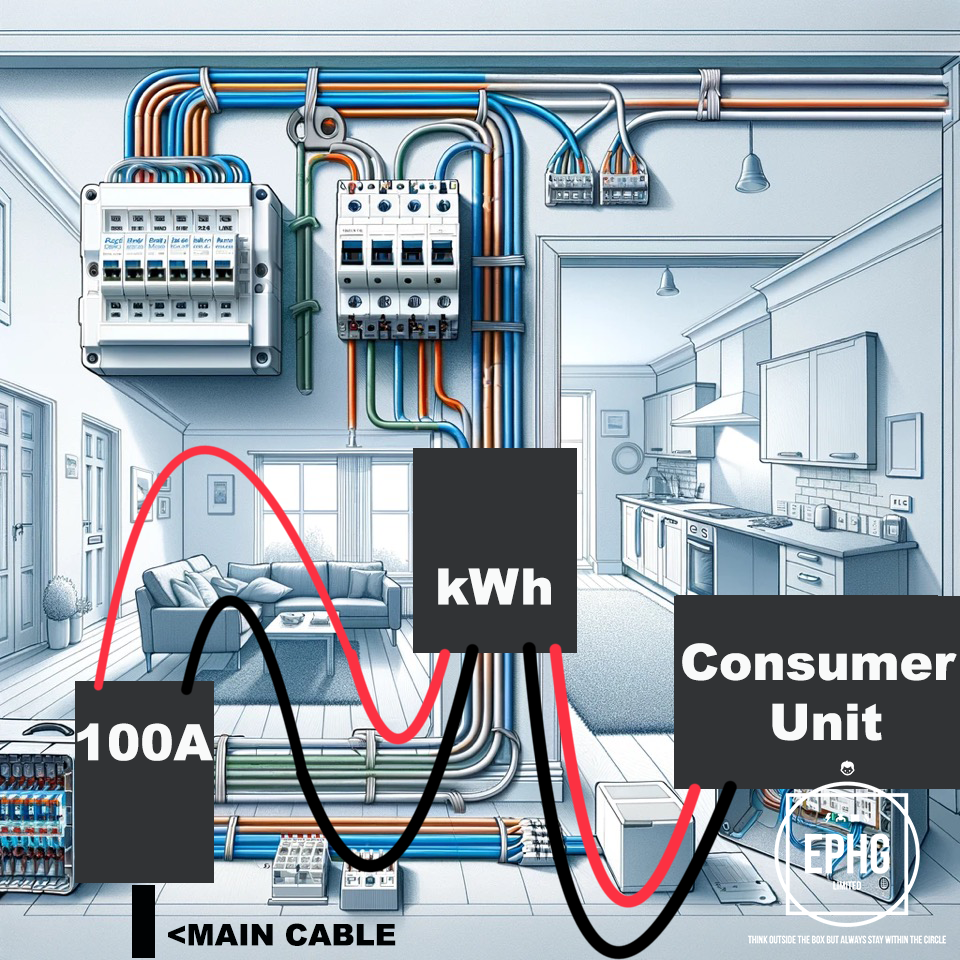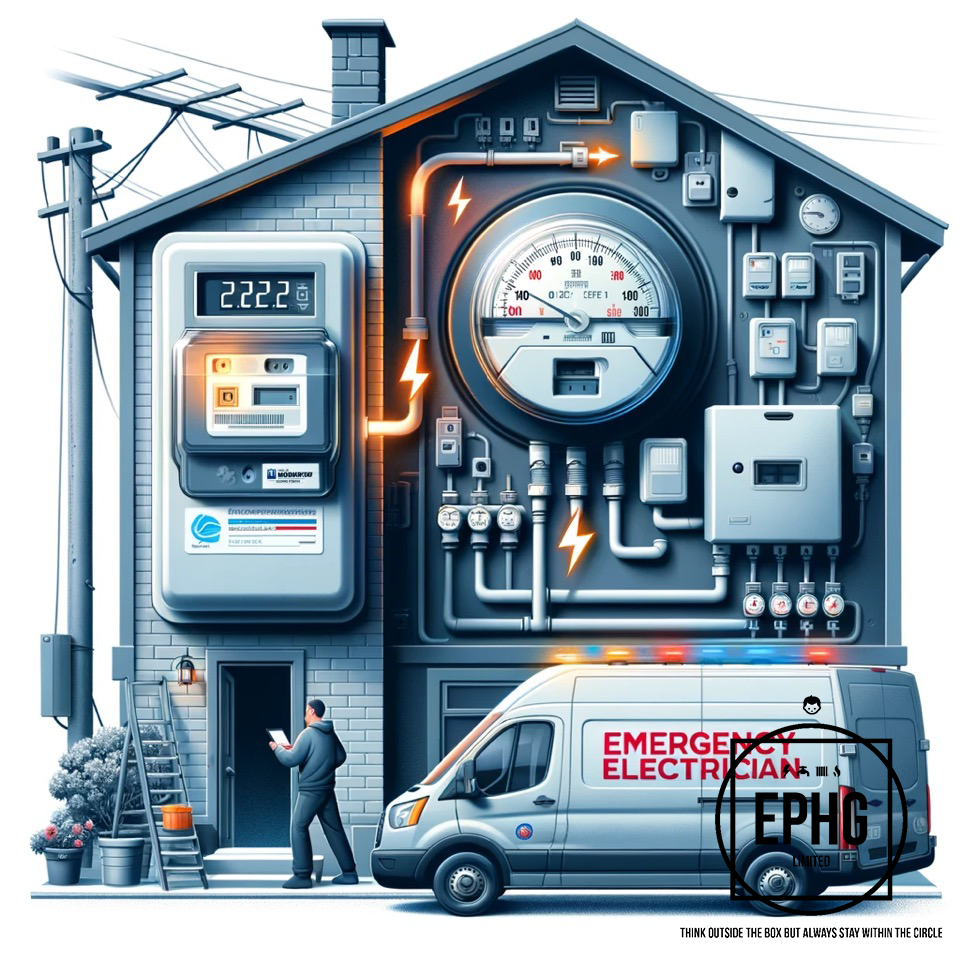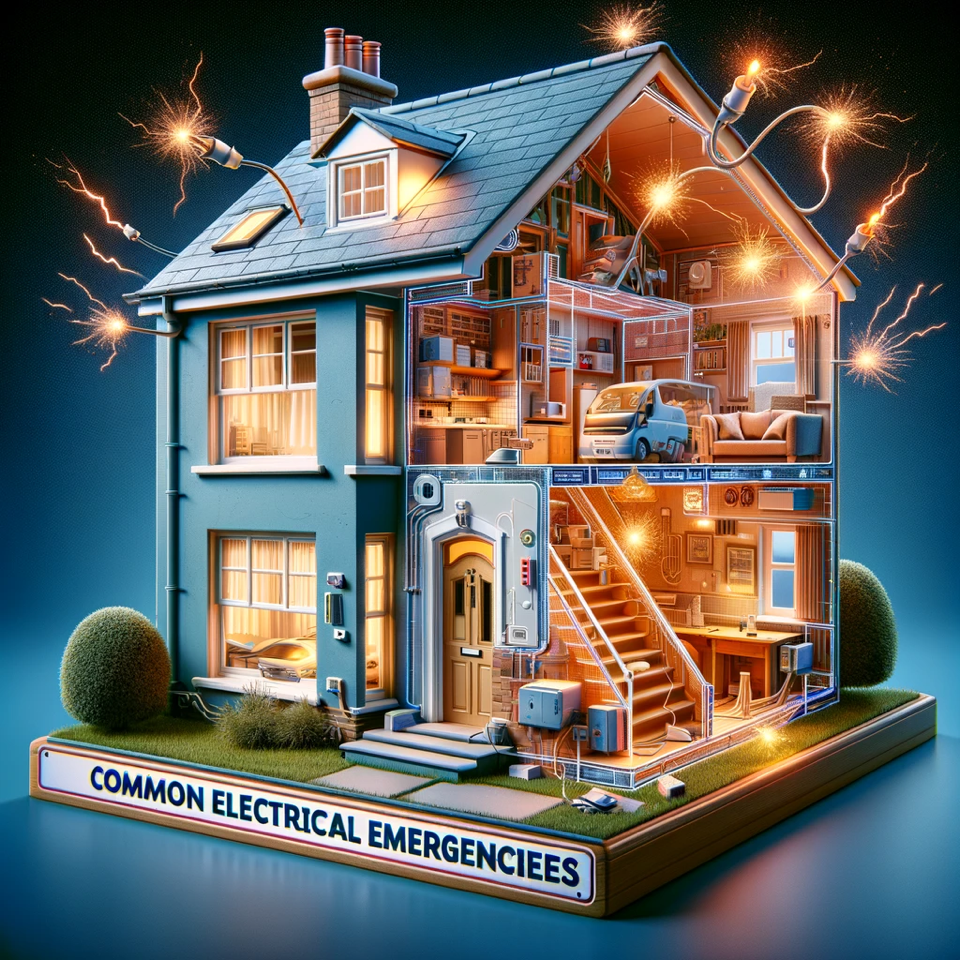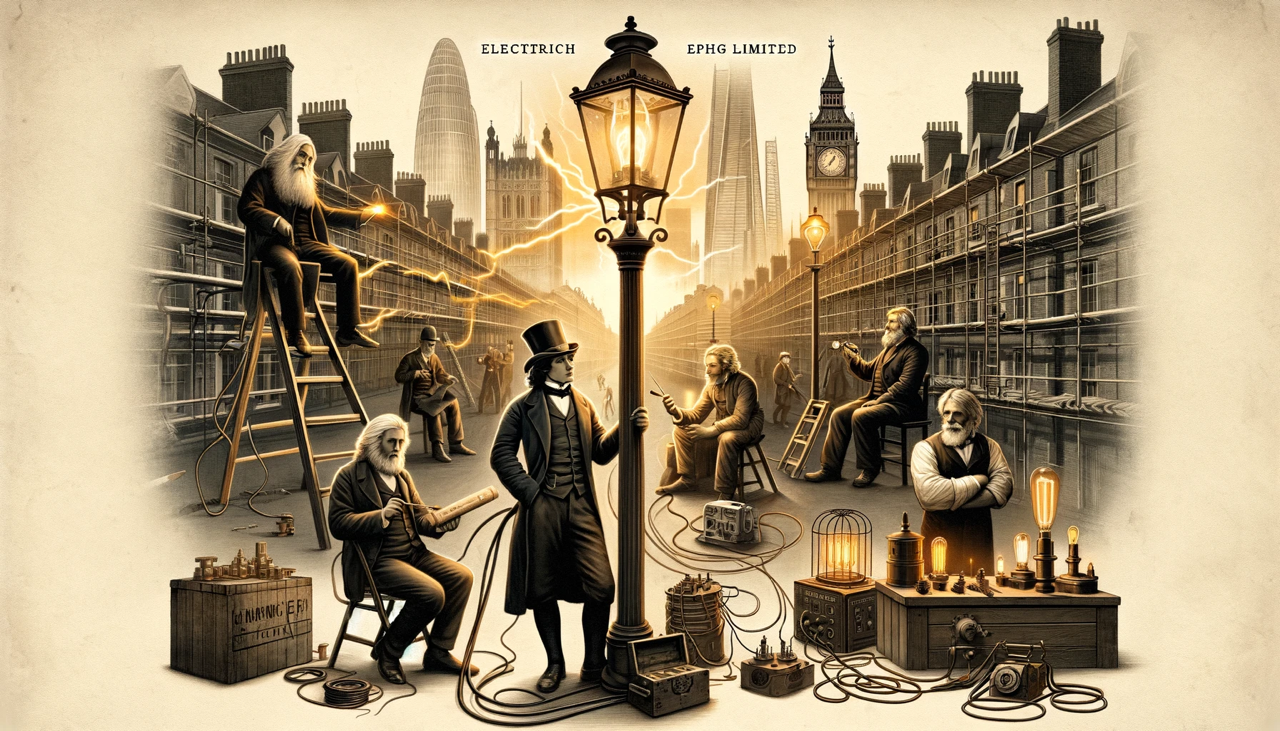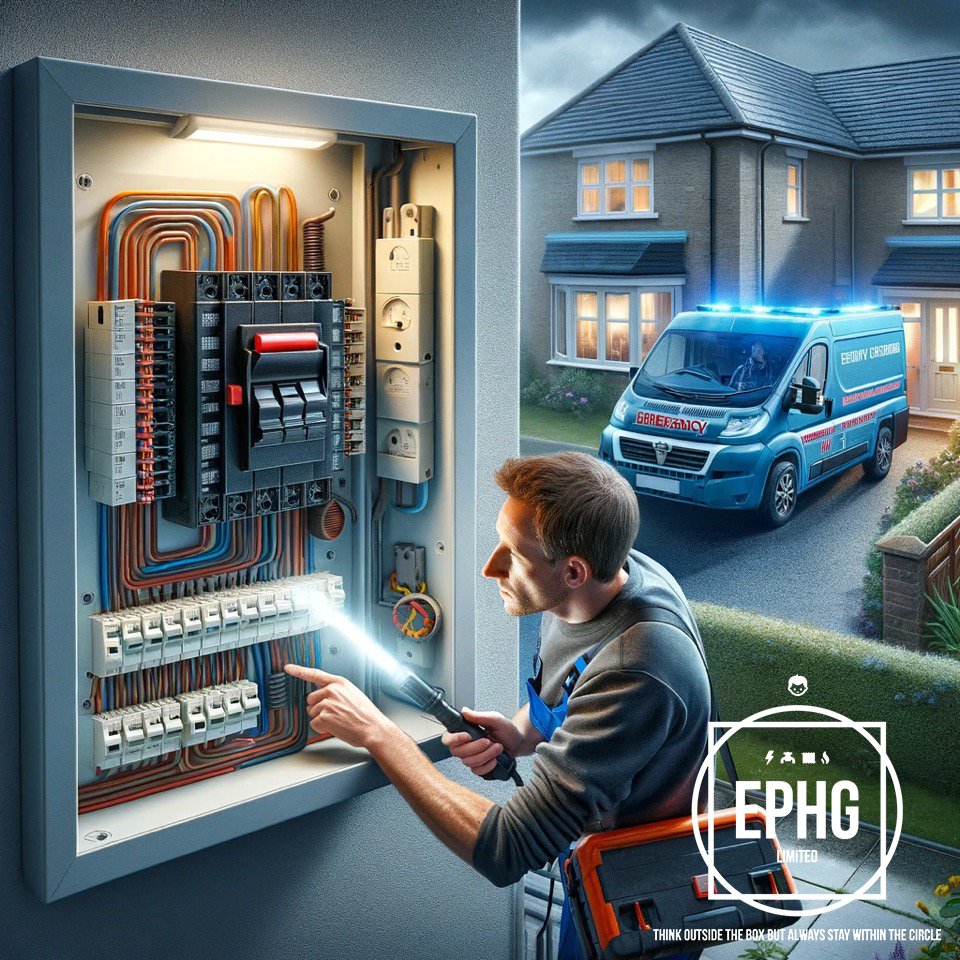
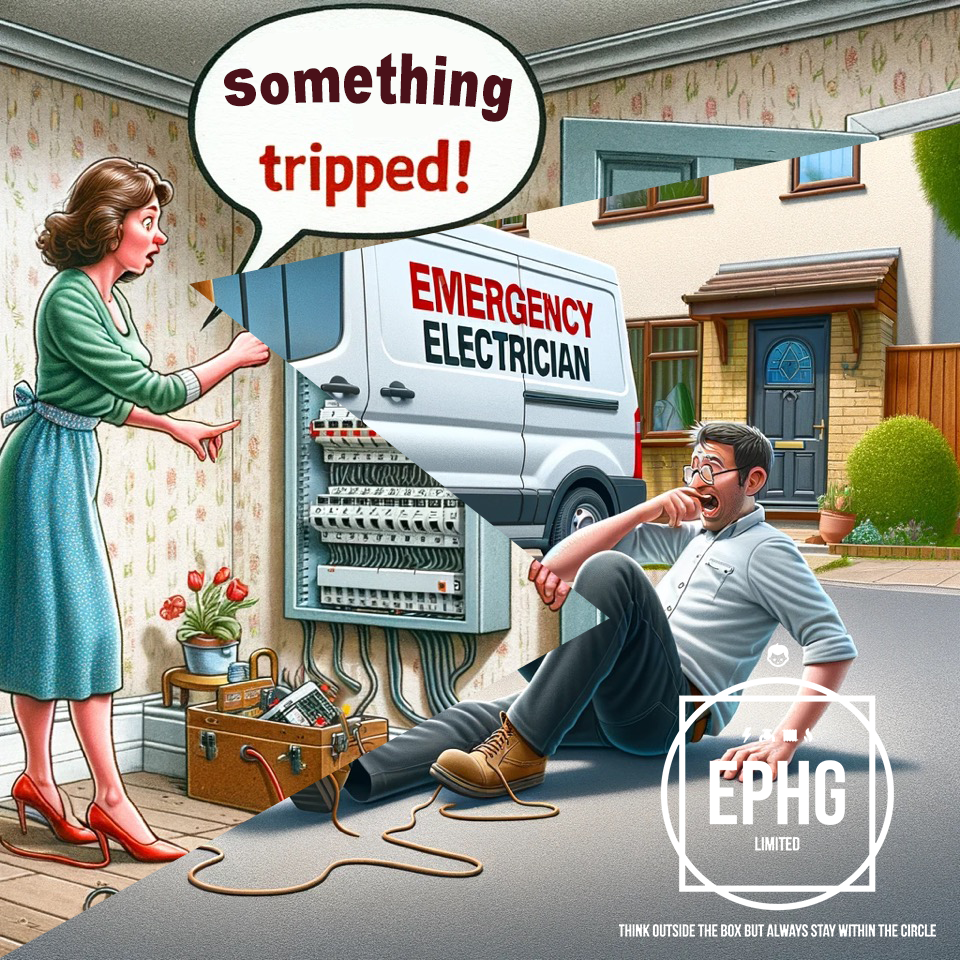
How to find out what has tripped! First of all, ensure that the emergency electrician has arrived safely.
Navigating Tripped Circuit Breakers in UK Homes: The Role of Emergency Electricians
In the UK, where modern living relies heavily on electrical systems, a tripped circuit breaker is a common yet often misunderstood issue. This SEO-friendly article aims to shed light on why circuit breakers trip, the potential risks involved, and the crucial role of emergency electricians in resolving these issues promptly and safely.
Understanding Why Circuit Breakers Trip
A circuit breaker is designed to protect your home by automatically shutting off the power when it detects a fault, such as an overload, short circuit, or ground fault. Here are the primary reasons a circuit breaker might trip:
- Overloaded Circuits: The most common cause, occurring when too many appliances or devices draw power from the same circuit.
- Short Circuits: Potentially dangerous, a short circuit happens when a hot wire touches a neutral wire, causing a surge of electricity.
- Ground Fault Surges: Similar to short circuits, ground faults occur when a hot wire touches the ground wire or the metal box, leading to a surge.
The Risks of Ignoring a Tripped Circuit Breaker
While it may be tempting to simply reset a tripped breaker, doing so without addressing the underlying issue can pose significant risks:
- Electrical Fires: Ignoring the cause of a tripped breaker can lead to overheating and potentially cause a fire.
- Appliance Damage: Surges associated with tripping can damage sensitive electronics and appliances.
- Electrical Shocks: Faulty wiring or unresolved electrical issues can increase the risk of electric shock.
When to Call an Emergency Electrician
Certain situations warrant immediate attention from a professional. Here's when to call an emergency electrician:
- Frequent Tripping: If a circuit breaker trips repeatedly, it's a sign of an underlying issue that requires expert diagnosis.
- No Obvious Overload: If tripping occurs without a clear overload, there may be a more serious electrical problem.
- Signs of Electrical Fault: Burning smells, sparks, or unusual noises from your electrical panel are immediate red flags.
How an Emergency Electrician Can Help
Emergency electricians are equipped to handle urgent electrical issues safely. Their expertise allows them to:
- Diagnose the Issue: Using specialized tools and knowledge to identify and explain the cause of the tripping.
- Perform Safe Repairs: Addressing the root cause, whether it's faulty wiring, a defective appliance, or an overloaded circuit.
- Prevent Future Issues: Offering advice on electrical system maintenance and potentially upgrading outdated wiring or panels.
Preventative Measures to Avoid Tripped Circuit Breakers
Homeowners can take steps to prevent circuit breakers from tripping, such as:
- Balancing the Load: Distributing electrical devices across different circuits to prevent overloads.
- Regular Maintenance: Having your electrical system checked periodically by a licensed electrician to identify potential issues.
- Upgrading Your Electrical System: Older homes may need an updated electrical panel or wiring to handle modern electrical loads safely.
Conclusion: A tripped circuit breaker in your UK home is more than just an inconvenience; it's a warning sign of potential electrical hazards. Understanding the reasons behind tripping and recognizing when to call an emergency electrician are essential steps in ensuring the safety and integrity of your home's electrical system. By taking preventative measures and seeking professional help when necessary, you can protect your home, your appliances, and most importantly, the safety of your loved ones.
